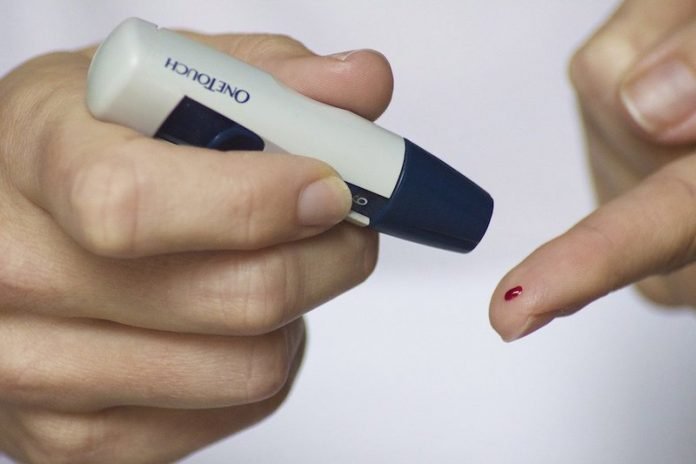
In a new study, researchers found that more than half of adults with type 2 diabetes had long-term remission following gastric bypass surgery.
The research was conducted by a team at the Oregon Health & Science University.
Bariatric surgery helps people with severe obesity lose a lot of weight and improve their health.
Two common types of bariatric surgery are lap band surgery, which places a band around the top of the stomach to create a very small pouch that can hold only a small amount of food, and gastric bypass, which reduces the size of the stomach, causes hormonal changes and can lower the number of nutrients that are absorbed from food.
One of the biggest benefits of bariatric surgery is that it can improve or eliminate type 2 diabetes.
In the study, the team tested 2,256 adults with severe obesity (a BMI of at least 35 kg/m2) who completed annual research assessments for up to seven years after bariatric surgery, roughly 35% of whom had type 2 diabetes.
About 57% of participants with diabetes achieved remission after gastric bypass surgery, and 22% reached remission after lap band surgery.
For both procedures, remission was more common in younger participants and those who had diabetes for a shorter time prior to their procedure.
The researchers found a greater chance of diabetes remission after gastric bypass independent of weight loss, suggesting mechanisms beyond weight loss are contributing to improved blood sugar levels.
According to the team, if a patient with type 2 diabetes is considering weight loss surgery, choosing gastric bypass soon after diagnosis can increase their chance of remission or achieving a blood sugar level that does not need treatment.
This large study confirms the importance of weight loss on inducing diabetes remission, but also finds gastric bypass has benefits independent of weight.
One author of the study is Jonathan Q. Purnell, M.D., of the Oregon Health & Science University in Portland, Ore.
The study is published in the Journal of Clinical Endocrinology & Metabolism.
Copyright © 2020 Knowridge Science Report. All rights reserved.



